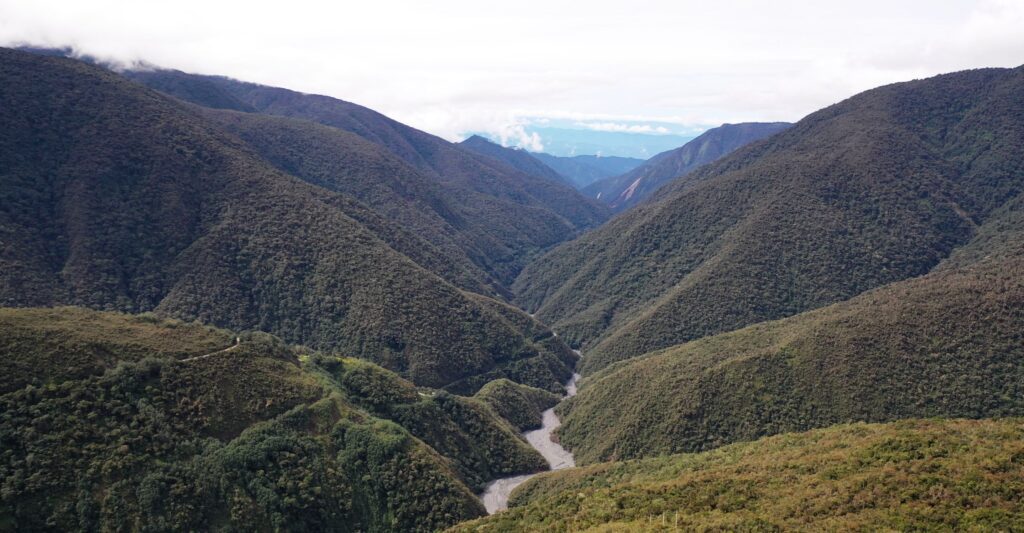Tropical forests, often called the “Lungs of the Earth,” are vital for regulating the global climate but are struggling to adapt to the rapid changes brought on by climate change. Researchers from Wake Forest University and Oxford University highlight the vulnerabilities these forests face, particularly in the Andean region of South America. Despite covering less than 6% of the Earth’s surface, tropical forests house over half of the world’s animal species and absorb significant amounts of carbon dioxide.
Projected increases in temperatures—up to 7.2 degrees Fahrenheit—and reductions in rainfall by 20% by 2100 threaten to destabilize these forests further, making them more susceptible to extreme weather events. The study indicates that while some lowland forests show minor adaptations, such changes occur at less than 8% of the speed necessary to keep pace with climate change.
Co-author Miles Silman points out that the loss of animal species, which are crucial for pollination and seed dispersion, exacerbates the situation—termed “kryptonite” for tropical forests. Without the ability to adapt quickly, these forests may lose their capacity to sequester carbon, potentially accelerating climate change and resulting in significant biodiversity loss. Jessu Aguirre Gutiels emphasizes the importance of understanding tree seed properties to inform conservation measures.
To protect these crucial ecosystems, conservation strategies must focus on reducing deforestation, promoting biodiversity, and restoring degraded areas. While trees may not migrate quickly on their own, strategic human efforts can assist in reforestation and migration, providing critical support for these forests’ survival.
Source link


